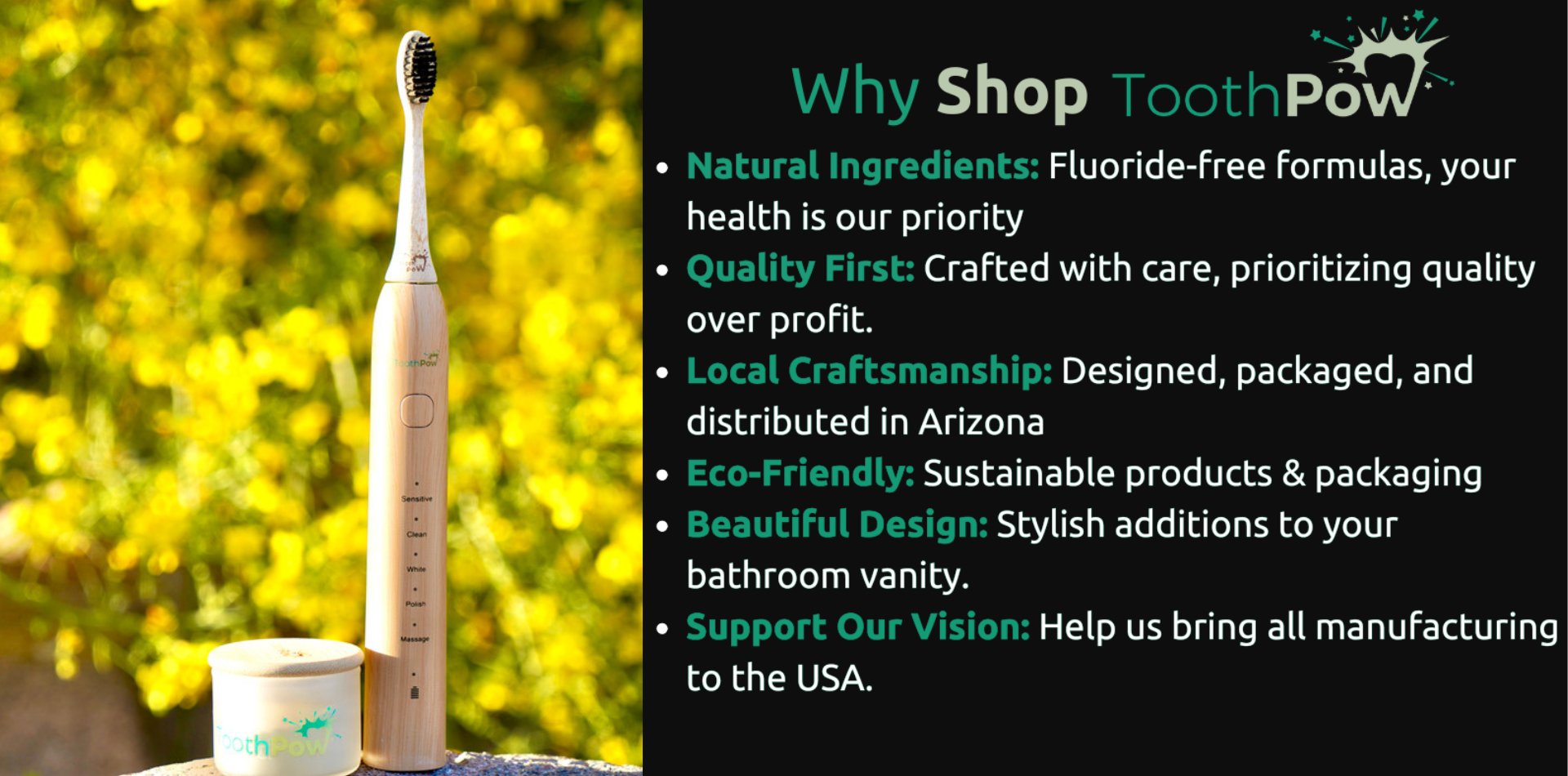Introduction
Soda is a staple in many diets around the world, enjoyed for its refreshing taste and bubbly sensation. However, its impact on oral health is often a topic of debate and concern. Understanding the real effects of soda on your teeth can help you make informed choices about your beverage consumption. This article aims to debunk common myths and present the facts about how soda affects your oral health, backed by scientific studies and expert insights.
Common Myths About Soda and Oral Health
Myth 1: Diet Soda is Safe for Teeth
While diet soda doesn't contain sugar, it is still highly acidic. The acids in diet soda can erode tooth enamel just as effectively as regular soda, leading to increased sensitivity and a higher risk of cavities.
Myth 2: Brushing Immediately After Drinking Soda Prevents Damage
Brushing your teeth immediately after drinking soda can actually cause more harm than good. The acids in soda temporarily soften tooth enamel, and brushing too soon can wear away this softened enamel. It’s better to rinse your mouth with water and wait at least 30 minutes before brushing.
Myth 3: Sugar-Free Sodas are Harmless
Sugar-free sodas may not contain sugar, but they often contain acidic additives and carbonation, both of which can contribute to enamel erosion and tooth decay. The absence of sugar does not make them safe for your teeth.
Myth 4: Drinking Soda Through a Straw Eliminates All Risks
Using a straw can reduce direct contact with teeth but does not completely eliminate the risks. Acidic and sugary liquids can still affect your oral health by altering the pH balance in your mouth and providing a food source for harmful bacteria.
For more on common misconceptions about soda and oral health, visit the ToothPow blog.

The Science Behind Soda and Tooth Decay
Acid Content in Soda and Enamel Erosion
Sodas are highly acidic, with a pH level ranging from 2.5 to 3.5. This acidity can erode tooth enamel, the hard outer layer that protects your teeth. Enamel erosion makes teeth more vulnerable to cavities and sensitivity. Studies have shown that the acids in soda can soften enamel, making it more prone to damage from brushing and everyday wear.
The Role of Sugars and Bacteria in Tooth Decay
Sugary sodas provide a food source for bacteria in the mouth. These bacteria metabolize the sugars and produce acids as a byproduct, further contributing to enamel erosion and the formation of cavities. Regular consumption of sugary beverages significantly increases the risk of tooth decay.
How Carbonation Contributes to Oral Health Issues
Carbonation in soda increases its acidity, which can exacerbate enamel erosion. Additionally, carbonated beverages can lead to dry mouth, reducing saliva production and its protective effects. Saliva helps neutralize acids and wash away food particles, so reduced saliva flow can increase the risk of dental problems.
For detailed insights into the effects of soda on your teeth, check out ToothPow’s guide on oral health.
Studies and Research on Soda and Dental Health
Numerous studies have examined the impact of soda on dental health. A study published in the Journal of the American Dental Association found that regular soda drinkers had significantly higher rates of enamel erosion and cavities compared to those who avoided soda. Another study in the Journal of Clinical Dentistry highlighted the role of soda in decreasing saliva pH, making the mouth more acidic and conducive to tooth decay.
Key Findings:
Sodas, both regular and diet, contribute to enamel erosion.
Sugar in sodas provides fuel for cavity-causing bacteria.
Regular soda consumption is linked to higher cavity prevalence.
For more information on these studies, visit the American Dental Association website.
Impact of Soda on Different Aspects of Oral Health
Enamel Erosion
Enamel erosion is a significant consequence of drinking soda. The high acidity of sodas can wear down the enamel over time, leading to increased sensitivity and a higher likelihood of cavities.
Increased Risk of Cavities
The combination of sugar and acid in soda creates an environment where harmful bacteria thrive, leading to tooth decay and cavities. Even sugar-free sodas can increase the risk due to their acidic content.
Gum Disease
Soda consumption can contribute to gum disease by promoting plaque buildup and creating an acidic environment that irritates the gums. This can lead to inflammation, bleeding, and eventually more severe periodontal issues.
Dry Mouth
Sodas, particularly caffeinated ones, can cause dry mouth. Reduced saliva flow diminishes the mouth's natural ability to neutralize acids and wash away food particles, increasing the risk of decay and gum disease.
For tips on combating these issues, check out ToothPow’s oral care tips.

Preventive Measures to Protect Your Teeth
Reducing Soda Consumption
The most effective way to protect your teeth is to limit your soda intake. Opt for water, milk, or other non-acidic beverages to reduce the risk of enamel erosion and cavities.
Rinsing with Water After Drinking Soda
Rinse your mouth with water after consuming soda to help neutralize acids and wash away sugars. This simple step can significantly reduce the harmful effects of soda on your teeth.
Waiting Before Brushing Your Teeth
After drinking soda, wait at least 30 minutes before brushing your teeth. This gives your saliva time to neutralize the acids and harden your enamel, reducing the risk of damage from brushing.
Using Toothpaste with Remineralizing Properties, Such as ToothPow
ToothPow toothpaste is formulated with natural ingredients like nano-hydroxyapatite, which helps remineralize and strengthen enamel. Using ToothPow can provide an extra layer of protection against the damaging effects of soda.
Explore ToothPow products designed to protect your teeth from soda-related damage.
Oral Care Tips for Soda Drinkers
Regular Dental Check-Ups
Visit your dentist regularly for check-ups and professional cleanings. Regular dental visits can help catch early signs of decay and provide treatments to protect your teeth.
Professional Cleanings and Fluoride Treatments
Professional cleanings can remove plaque and tartar that contribute to decay. Fluoride treatments can help strengthen your enamel and reduce the risk of cavities.
Using Products Like ToothPow to Help Prevent and Repair Damage
Incorporate ToothPow toothpaste and other oral care products into your daily routine to help prevent and repair damage caused by soda. ToothPow’s natural, fluoride-free formula is designed to strengthen enamel and protect your teeth.
For more oral care tips, visit the ToothPow blog.
Educational Resources and Further Reading
For more information on preventing and treating soda-related dental issues, check out these resources:
Conclusion
Understanding the impact of soda on your oral health is crucial for maintaining a healthy smile. By debunking common myths and following the facts, you can make informed choices about your beverage consumption. Reducing soda intake, practicing good oral hygiene, and using products like ToothPow can help protect your teeth from the harmful effects of soda. Embrace these strategies to ensure your teeth stay healthy and strong.

